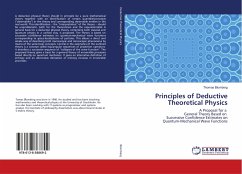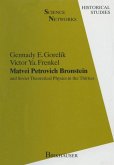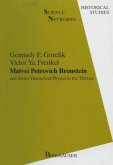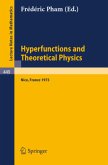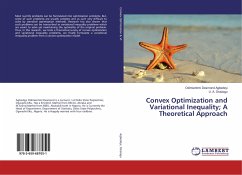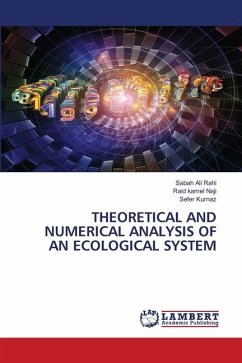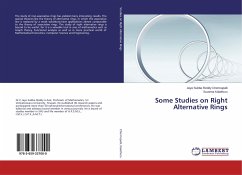A deductive physical theory should in principle be a pure mathematical theory together with an identification of certain quantities/concepts ("observables") in the theory and corresponding observable entities in the real world. This identification - the "interpretation" of the theory - should be unproblematic, both for the theoretician and the experimentalist. A general basis for a deductive physical theory, comprising both classical and quantum physics in a unified way, is proposed. The theory is based on successive confidence estimates on quantum-mechanical wave functions corresponding to space-localizations of particles. This allows a direct and simple way of describing both macroscopic and microscopic phenomena by means of the same basic concepts. Central in the axiomatics of the outlined theory is a concept called equiangular sequences of projection operators. It describes a successive sequence of "collapses of the wave function". The proposed theory gives a basis for a general theory of irreversible processes based directly on quantum mechanics. It gives an alternative definition of entropy and an alternative derivation of entropy increase in irreversible processes.
Bitte wählen Sie Ihr Anliegen aus.
Rechnungen
Retourenschein anfordern
Bestellstatus
Storno

